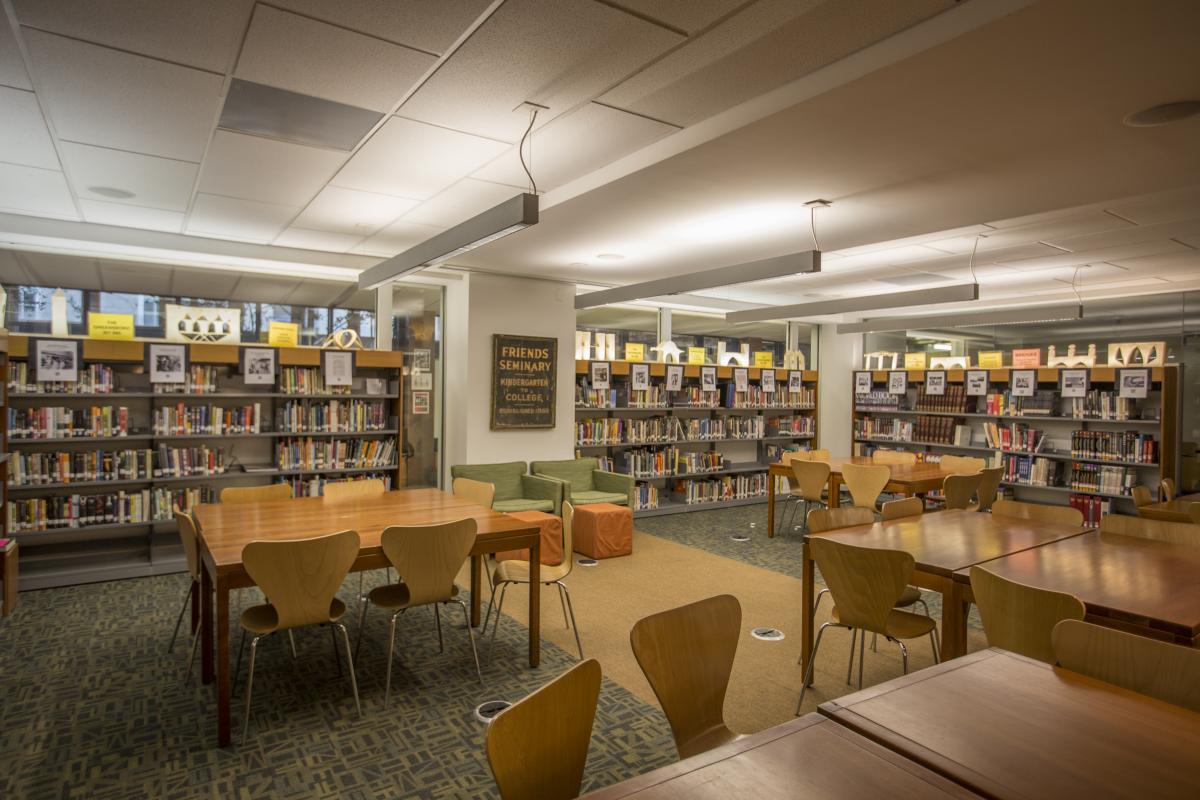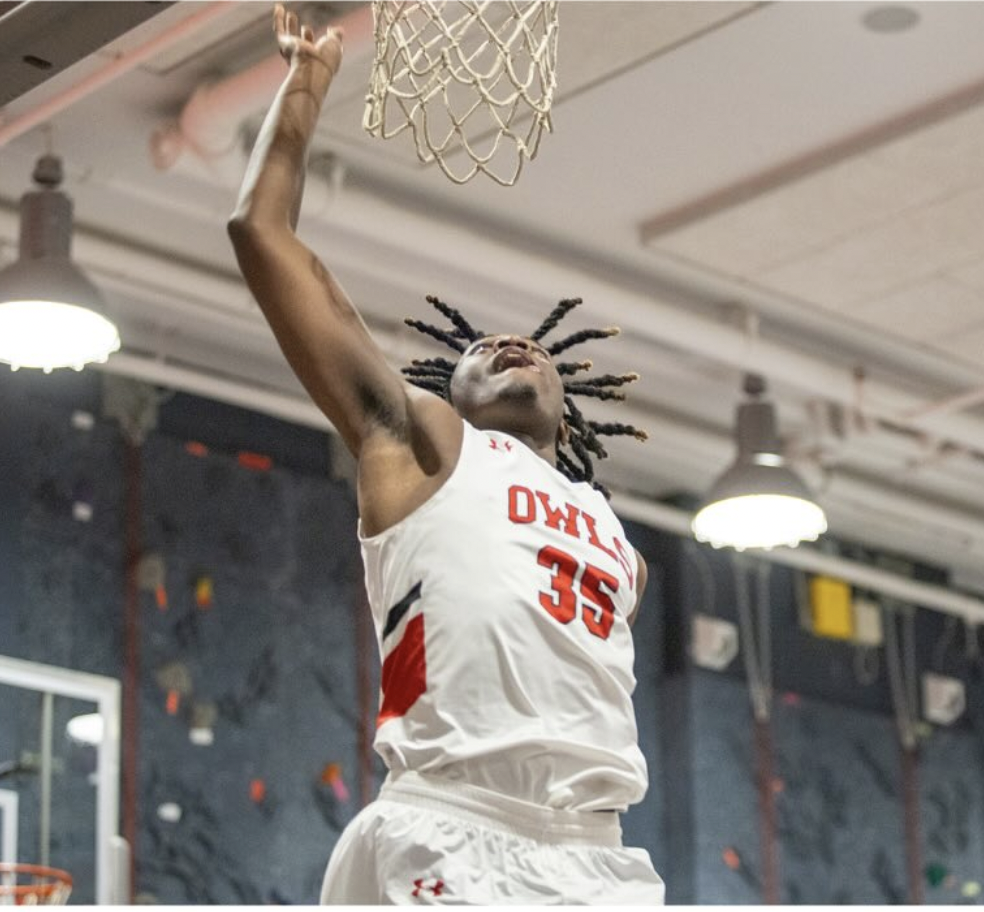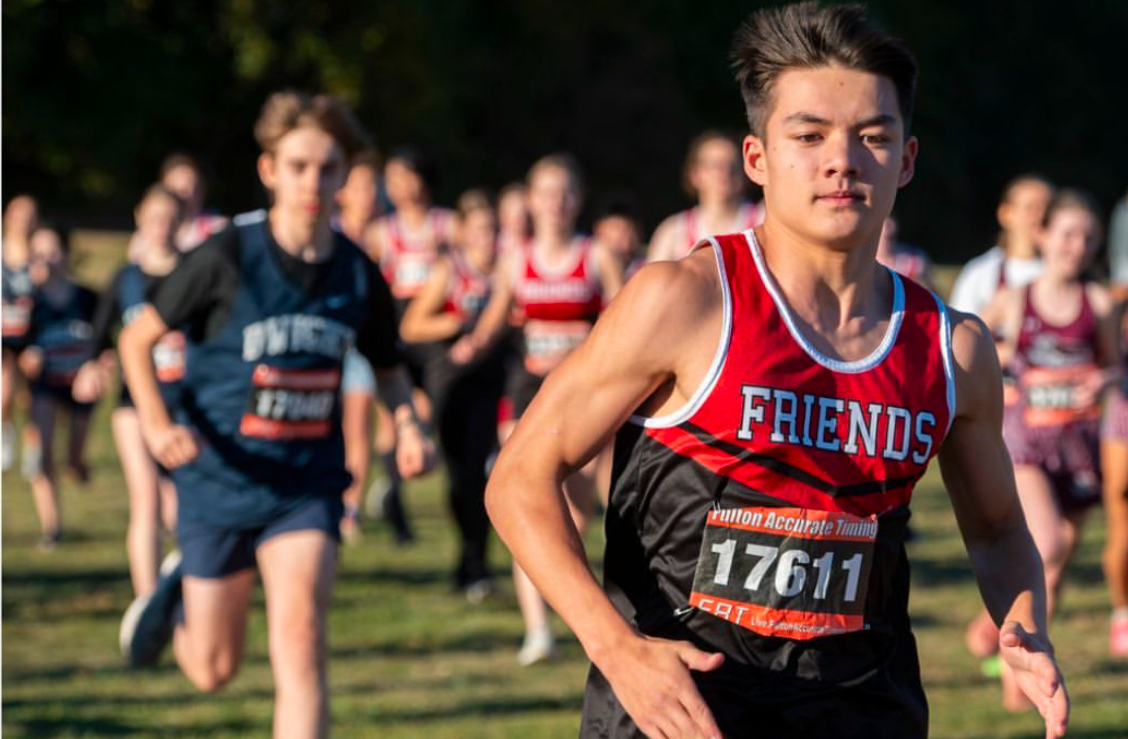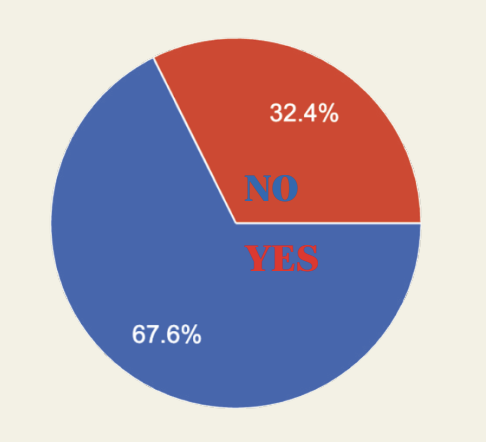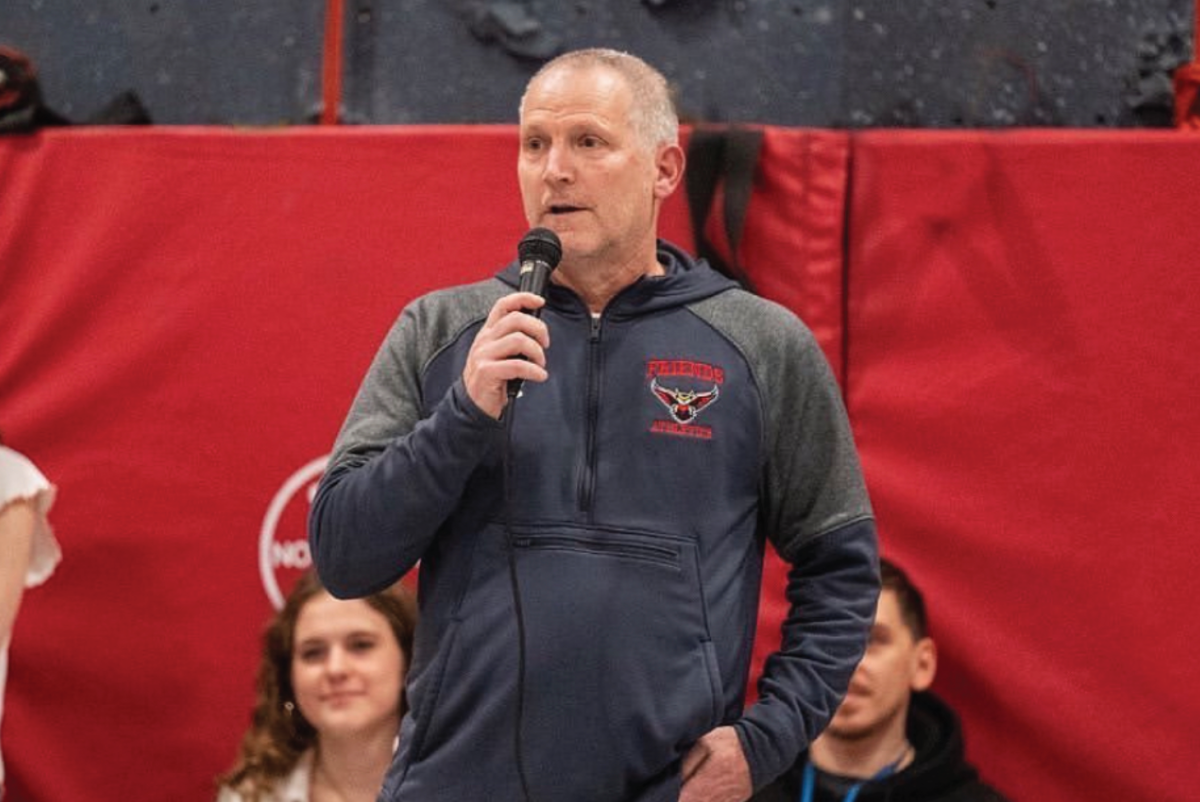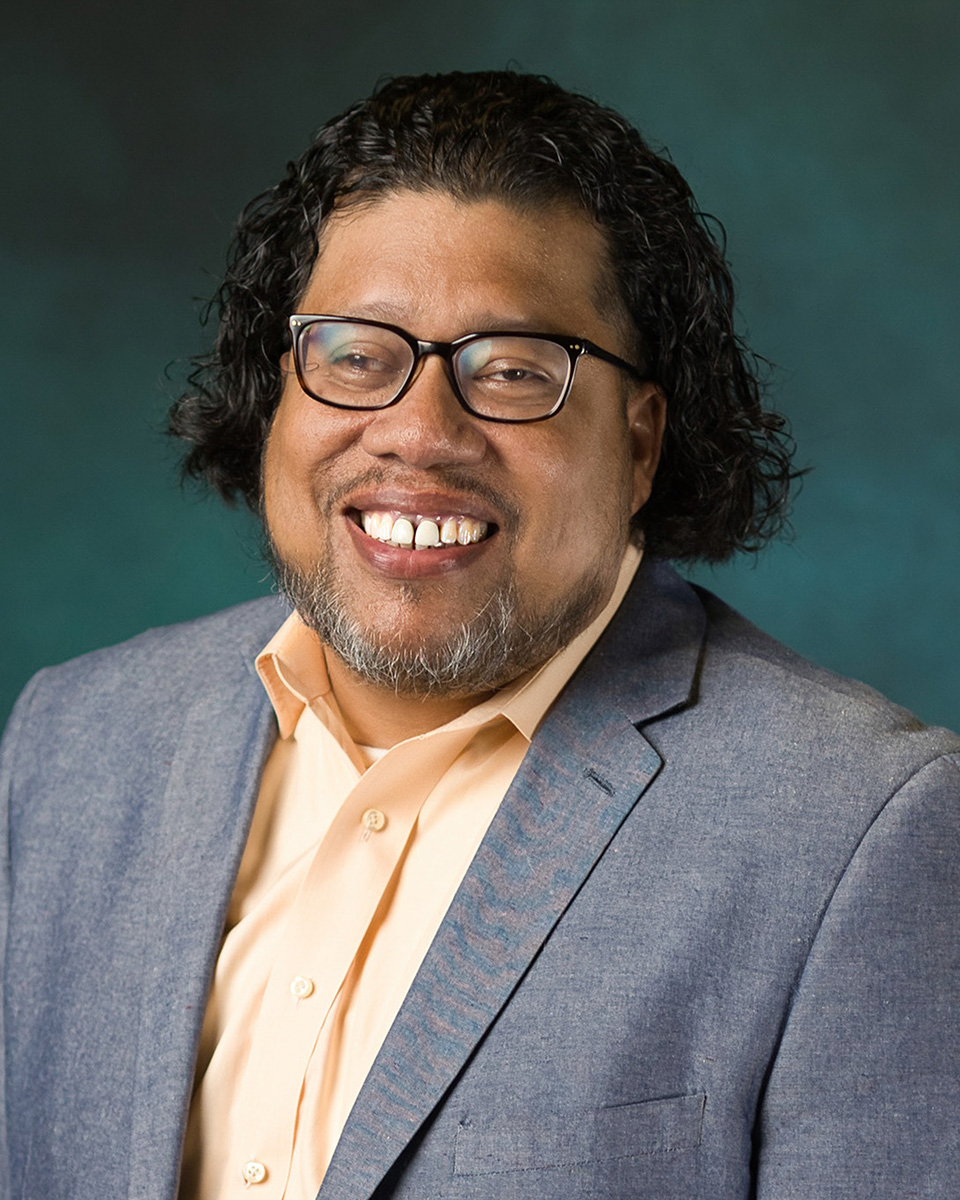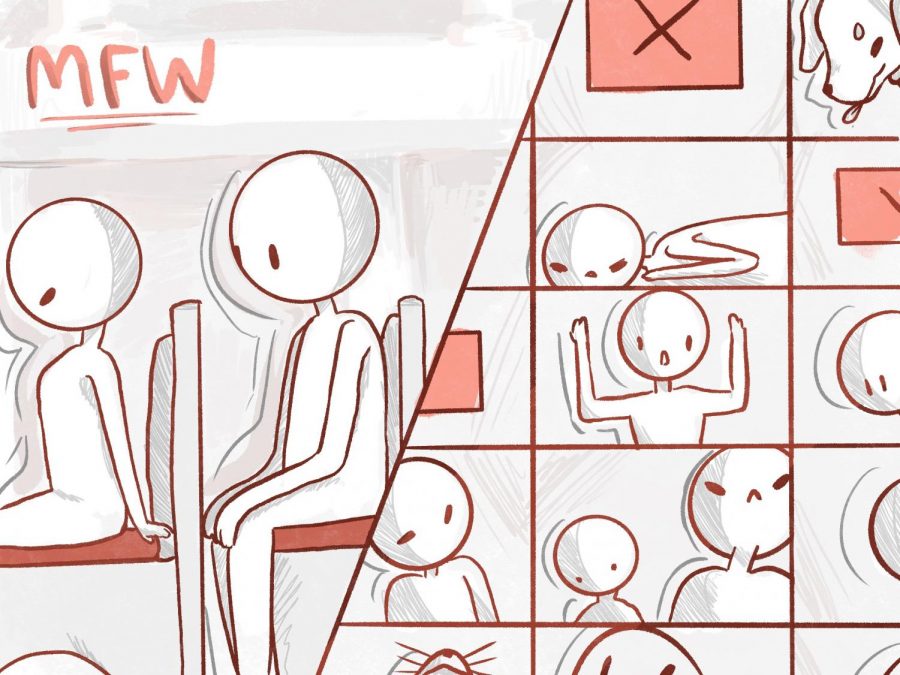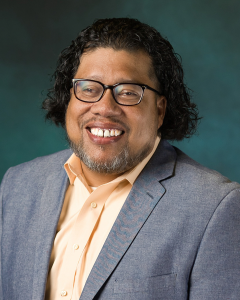Meeting for Worship moves online
November 2, 2020
Meeting for Worship (MFW) is an irreplaceable Friends Seminary Tradition. While it is a Quaker tradition, its impact surpasses religious affiliations — it’s a time to speak your mind, to practice mindfulness, and come together as a community. As school has moved online, however, this practice has been moved from the Meeting House to a twelve-page Zoom room, and its resilience has been tested in a virtual reality.
Middle school history teacher Tamar Arisohn has always loved Meeting. “It’s a wonderful opportunity to gather together as a community, to take a break from the hectic school day, to center ourselves,” she said. However, she suggests that moving it online has had its pitfalls. “Sitting alone in silence in front of a screen has little magic … In losing in-person human contact, we lose what’s best about MFW,” she said.
Arisohn is not alone in feeling that the practice has lost some of its power. Jennifer Levine ’24 feels that Meeting doesn’t have the same charm on her computer. “I’m less inclined to focus on the query because I am so used to being on devices all day,” she said. “It’s just like another meeting on Zoom.”
Meeting for Worship can be especially important for younger students who are starting to learn reflective values. “For many middle schoolers, just practicing being still and silent is valuable,” Arisohn said. “For those with the maturity to use the time for introspection and mindfulness, it’s even more beneficial.” However, the endless distractions of the internet have made it much more difficult for middle schoolers to seize that opportunity, she notes.
For upper schoolers, MFW can be a space to break from their screens. “The whole point of MFW is to put away electronics and focus on yourself and your community,” Levine said. But, unfortunately, she said, that cannot happen when she’s staring at her computer screen.
Upper school math teacher and practicing Quaker Ben Frisch, however, does not feel all is lost. He still believes that MFW is “the heart of our school.” Regardless of being online, he thinks the tradition works with some extra effort. “I feel connected to our community when we meet remotely,” he said. “But I think it takes active practice of thinking about the ways we are connected to each other.”
While in-person worship has been lost, community members have tried to find ways to gather at school. During Wednesday in-person meetings, cohorts have been playing video games like “Among Us,” grades have reconvened while keeping a safe distance, and the Center for Peace, Equity, and Justice has been creating school wide academic programming with the history department.
It’s possible that in the future, cohort or grade-wide meetings could continue the spirit of MFW. They will certainly not be the same, but continuing the values of MFW could be a promising, and even hopeful, step toward normalcy.

